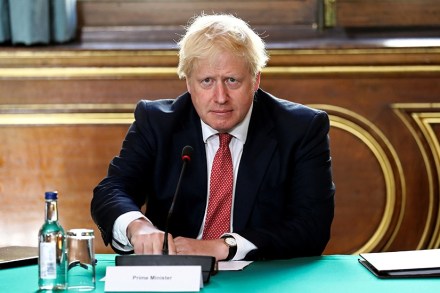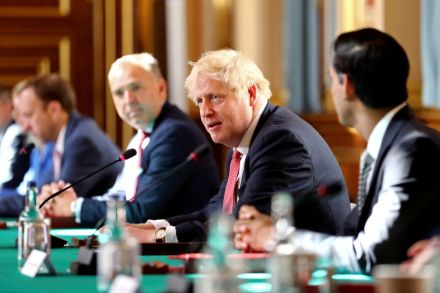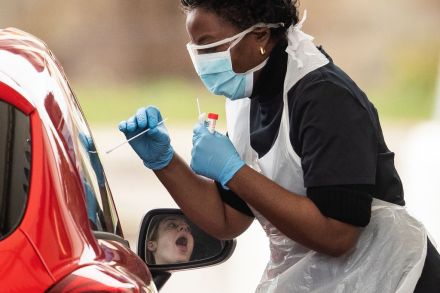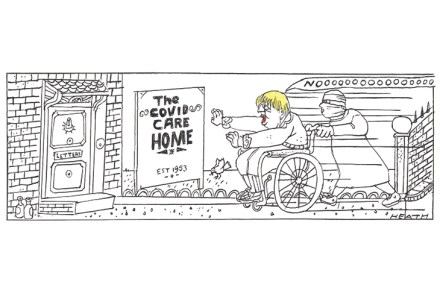My plans for a Covid inquiry
The public inquiry into the government’s handling of the coronavirus crisis has already started. Not the official one, which won’t get under way until next year, but the unofficial ones. First out of the gate was the Sunday Times on 24 May, followed by the New Statesman and, last week, the Financial Times. In addition, there will be ‘inquiries’ by other newspapers and magazines, parliamentary select committees, television and radio programmes, think tanks and universities, scientific and medical journals. Few will be able to resist blaming the UK’s higher-than-average death toll on the government’s failure to lock down earlier. That’s been the verdict of those that have been published so




















